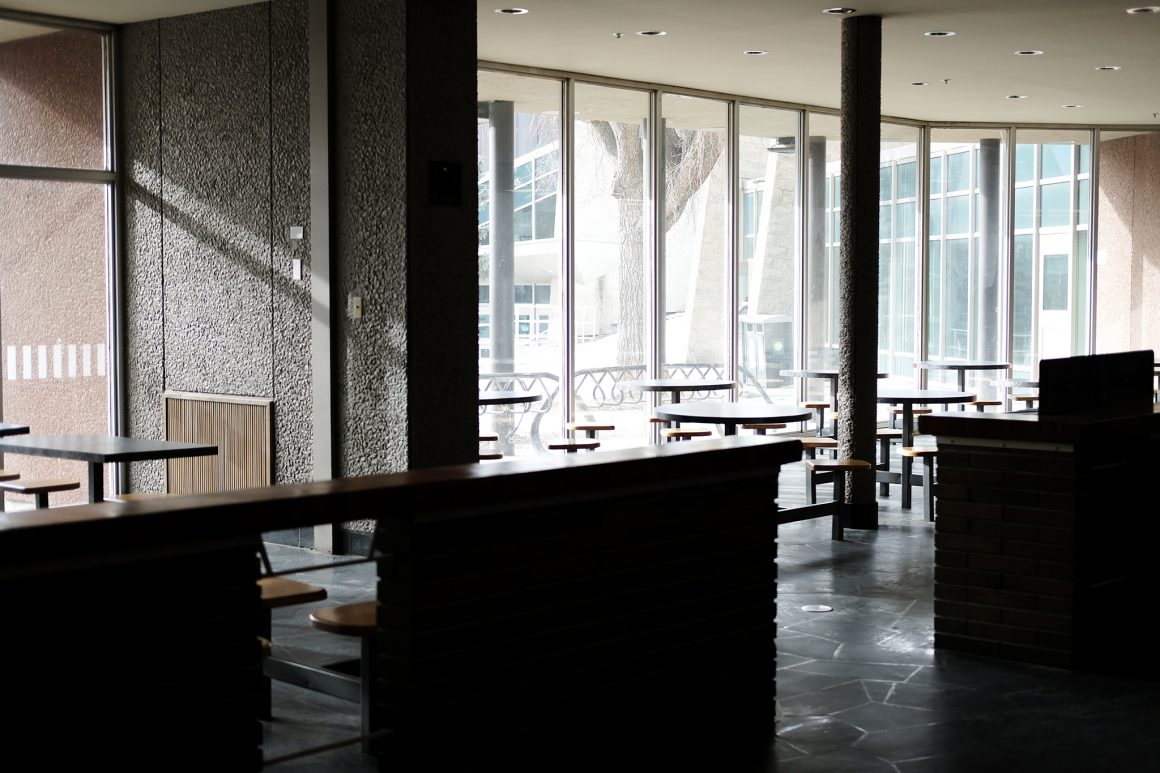
UCalgary launches campus-wide survey to shape its first-ever EDIA strategy
By Vama Saini, Oct. 1 2024—
The University of Calgary aims to advance equity, diversity, inclusion and accessibility (EDIA) by launching a comprehensive campus-wide survey. This initiative, is led by the Presidential Task Force on EDIA (PTF-EDIA), aims to gather insights from students, faculty and staff, informing the creation of the university’s first EDIA strategy.
In an interview with the Gauntlet, co-chairs of the PTF-EDIA, Dr. Sandra Davidson, provost and vice president (academic), and Dr. Malinda Smith, vice president of research (EDI), shared insights on the task force’s work and the purpose of the EDIA survey.
“This is the first ever Presidential Task Force and the first ever strategy,” said Smith. “We have embarked on this work for over a year, with the aim of fulfilling that mandate.”
Davidson emphasized the importance of embedding EDIA into the university’s broader strategic plan, Ahead of Tomorrow, which lists the goals the university aims to reach by 2030.
“We’re viewing EDIA as a foundational commitment to advancing equity, diversity, inclusion and accessibility at the university,” said Davidson. “A lot of the strategies and priorities in Ahead of Tomorrow are looked at through the lens of how we can do that in a way that is more inclusive.”
Smith highlighted that the strategy is unique in its deliberate and consultative approach. From engaging students in focus groups and roundtable discussions to ensuring diversity across these interactions, the task force adopted the principle of “nothing about us, without us.”
“It is very deliberate and intentional about creating criteria and objectives for us to deliver on our commitment to a more equitable, diverse, inclusive and accessible campus where everyone can flourish,” Smith said.
The EDIA strategy is designed to drive long-term institutional change by integrating EDIA principles into all facets of university life.
“It’s meant to empower faculties, departments and units to develop their own initiatives and plans. It’s everyone’s work, from the senior leadership to the grassroots level, including students, staff and faculty,” Davidson said, emphasizing that the strategy allows faculties and units to develop their own initiatives in alignment with broader university goals.
The strategy is designed to be a “living document” that evolves as the university grows.
“It’s meant to be that living document as our university grows and evolves. It’s broad enough that we can live into it, but it provides enough direction that we know we’re able to demonstrate success,” said Davidson.
Launched on Sept. 16, the EDIA survey marks a crucial moment in the strategy’s development. The survey aims to gather broad input from students, faculty and staff, covering key areas such as campus culture, teaching and learning and the overall student experience.
“We wanted to understand people’s experiences, their thoughts on the supports we provide, and the diversity of the campus population,” Smith explained. “We also asked about religion, languages, first-generation student experiences and international backgrounds.”
The survey also includes open-ended questions to capture the aspirations and feedback of the university community.
“There’s open-ended questions in the survey, like, ‘What do you think the campus experience could look like five years from now?’” Davidson said, noting that the feedback received will directly influence the final EDIA strategy, helping ensure it remains a “living document” that evolves along with the university.
Smith and Davidson emphasized that one key goal of the survey is to foster evidence-based decision-making as the university finalizes its EDIA strategy. The results will be analyzed by a third-party vendor, ensuring anonymity and encouraging honest feedback.
“We’ve ensured that all responses are anonymous by using a third-party vendor, HESA, which has a strong track record of working with universities across Canada,” said Davidson. “We hope this gives people confidence to share their true thoughts and experiences.”
The data gathered from the survey will be integrated with other sources of information, such as focus groups and internal reviews, to shape the final EDIA strategy.
“The qualitative and quantitative data will help us validate our direction or course-correct where necessary,” said Davidson, emphasizing the importance of data in creating actionable outcomes.
The strategy development process has been inclusive from the outset, involving extensive consultations with the campus community.
“We’ve consulted with students, including undergraduate, graduate, international, and students from diverse backgrounds — women, racialized individuals, Indigenous students, LGBTQ2S+ persons and students with disabilities,” Smith said. “Our principle has been, ‘Nothing about us, without us,’ and one size does not fit all.”
The university plans to continue engaging with the campus community throughout the development of the strategy, with opportunities for further input as the draft strategy progresses through governance bodies.
“We will be consulting on a draft strategy, and going through various governance bodies, including the General Faculties Council, to make sure we’re on the right track,” said Smith.
“The data will help us identify barriers, remove those barriers, and make sure we are an accessible campus for all,” continued Smith.
The survey remains open until Oct. 7, and the task force encourages filling out the survey to ensure diverse perspectives are captured.
“The feedback that people give us will shape what we do going forward,” said Smith.
Fill out the EDIA survey here.
